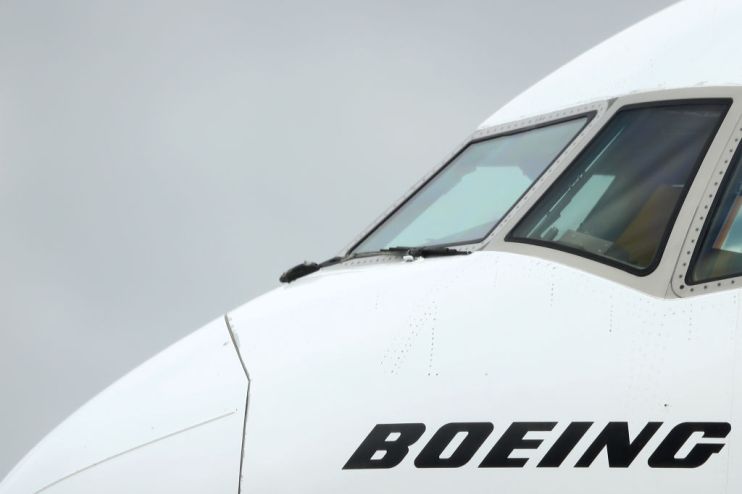Boeing reaches agreement with families of Ethiopian Airlines’ victims

Boeing has reached an agreement with the families of the 157 people that died aboard the Ethiopian Airlines’ 737 Max in March 2019.
According to court documents in Chicago, the aircraft manufacturer has accepted liability for the crash – which was caused by a failure in the technology that brings the aeroplane’s nose down. In exchange the victims’ families have agreed not to seek punitive damages.
“We extend our deepest condolences to the families of those lost on Lion Air Flight 610 and Ethiopian Airlines Flight 302,” said a Boeing spokesperson. “Since the accidents, Boeing has made significant changes as a company, and to the design of the 737 MAX, to ensure that accidents like those never happen again.
“Boeing is committed to ensuring that all families who lost loved ones in the accidents are fully and fairly compensated for their loss. The agreement filed with the court today is an important step forward in that process.”
The incident shook the global aviation industry and led to Boeing grounding the whole MAX fleet for more than a year as well as it brought forward an investigation by the US Transport and Infrastructure Committee and Subcommittee on Aviation.
Published in September 2020, the committees’ report revealed that design flaws, faulty assumption about pilot response times and management failures were behind both the Ethiopian Airlines crash of 2019 and the Lion Air crash of October 2018, when 190 people died off the coast of Indonesia.
The cause of both crashes was the malfunctioning in the manoeuvring characteristics augmentation system (MCAS), which triggered by a faulty signal, push both planes down without allowing pilot an appropriate response time.
“It took more than two years for Boeing to finally admit their responsibility, and it was likely done for damage limitation rather than a real sense of justice,” commented Francesco Ragni, senior lecturer in aviation at Buckinghamshire New University. “Still, it is a remarkable admission that rectifies the story and makes us hope that the aircraft manufacturer has learned something in the process.”